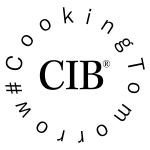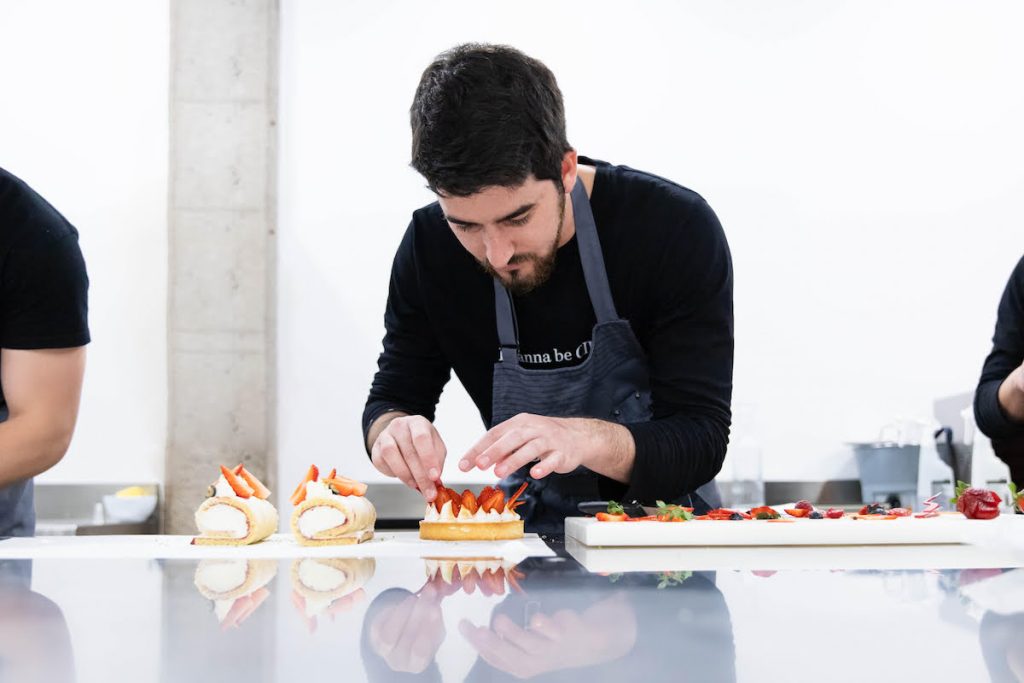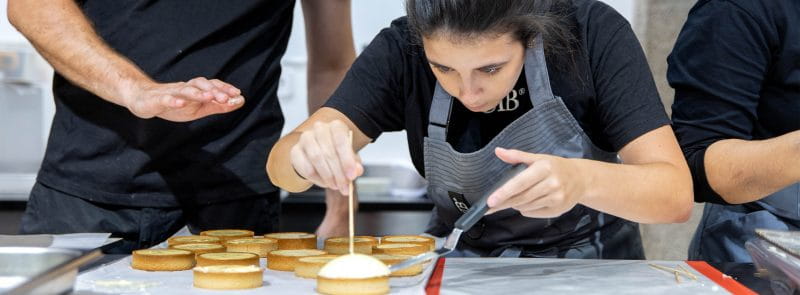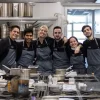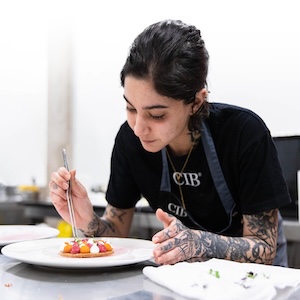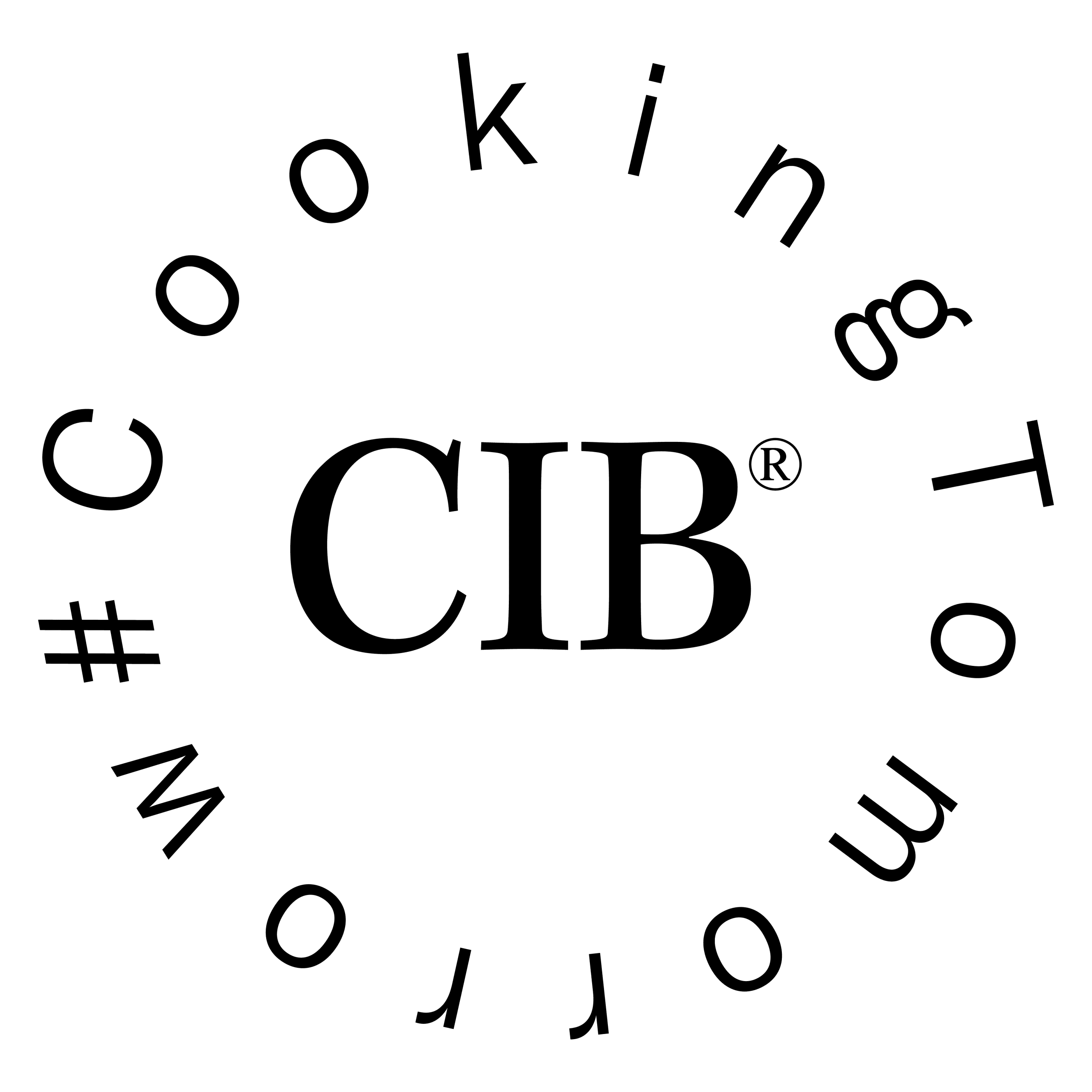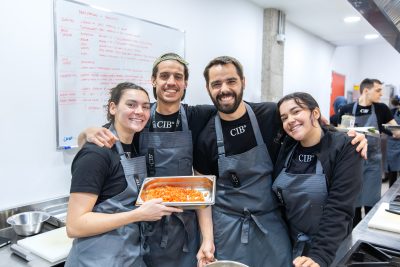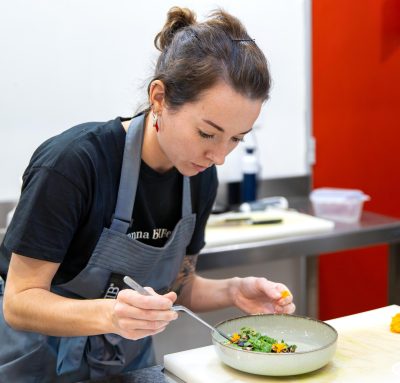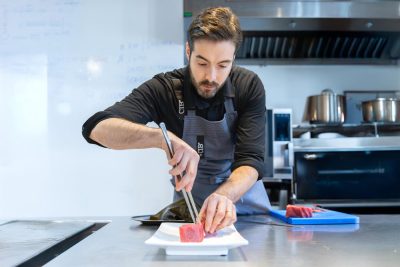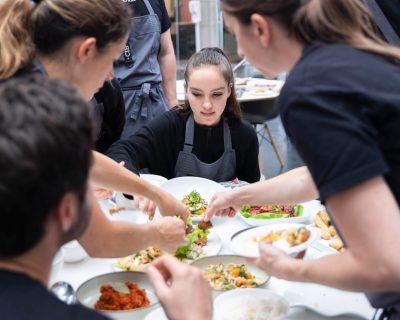As the years go by, sweet cuisine needs chefs that are more prepared and who stand out for their experience, uniqueness, and ability to add value. Discover in this post what are the necessary skills of the 21st century to succeed in the world of pastry.
1. Know your ingredients to create quality desserts
Knowledge of the ingredients is the starting point for any pastry chef who wants to achieve high-quality products and delight the diner.
When selecting food, it is important to have previously identified its characteristics (color, aroma, texture), to know its properties and how it is used and transformed in different situations in order to guarantee quality in the handling process later on. Some of the most common ingredients include flour, sugar, eggs, butter, milk, chocolate, fruits, and spices.
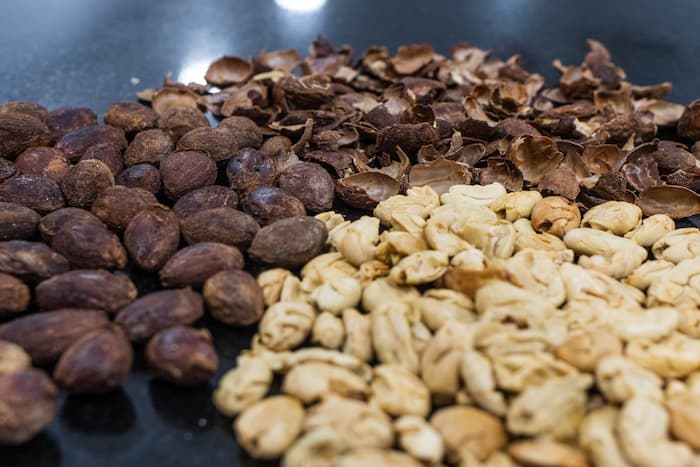
2. Use and care for your tools and equipment
Kitchens are equipped with utensils that require special care for their conservation in order to keep them in optimal conditions. The most frequent tools include mixers, spatulas, rollers, baking trays, thermometers, skimmers, and brushes.
It is important to check that they are clean and dry before and after handling them to avoid contamination with other ingredients. Where possible, read the instructions on how to properly use your tools and equipment to avoid future damage.
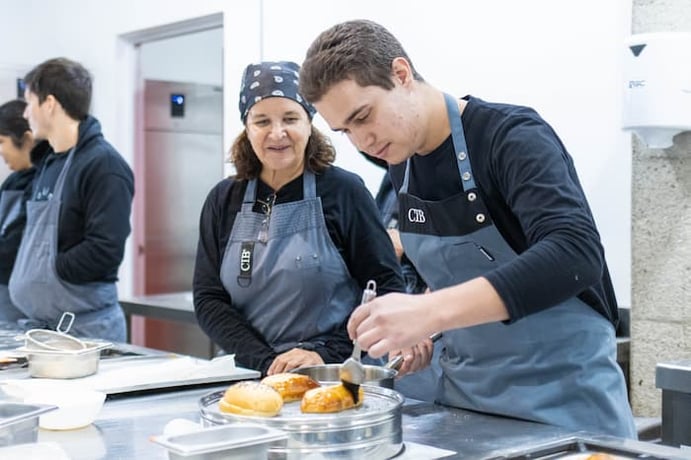
3. Prepare your workspace to be more efficient in the kitchen
How the space is distributed impacts how a kitchen is managed, which is why there are several key factors to consider. Plan and ensure that you have the necessary ingredients and utensils to work with to avoid looking for them in the middle of the preparation. Likewise, keeping tools and equipment clean and organized makes it easier to access them quickly.
Additional tip: Keeping organized has multiple benefits for the brain, since it increases productivity, motivation, and creativity, and reduces stress and anxiety.
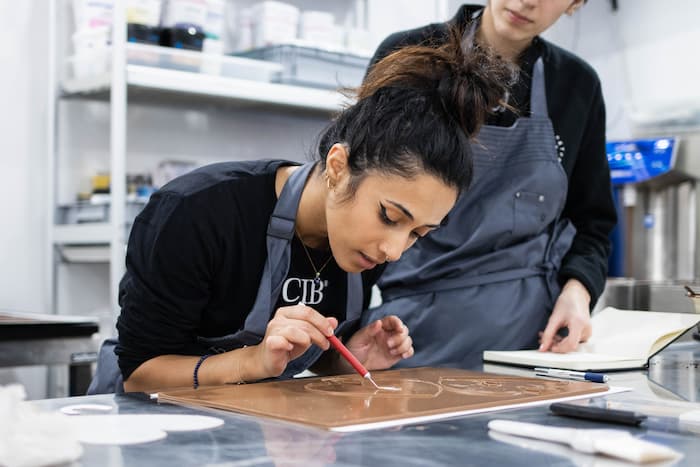
4. Measure accurately: Precision is key in baking
The success of food preparation is also inaccurate measuring to achieve the desired texture and flavor. For this reason, standard measuring utensils such as cups, spoons, jugs, and kitchen scales are essential. Also, liquids are measured by volume and solids by weight.
You should bear in mind:
- For dry ingredients (flour, sugar, etc.): kitchen scales are used to measure accurately. It is also possible to use a spoon to fill the measuring cup and level the surface with a spatula. Do not compress the ingredients to avoid excess.
- For liquid ingredients, use measuring cups on a flat surface.
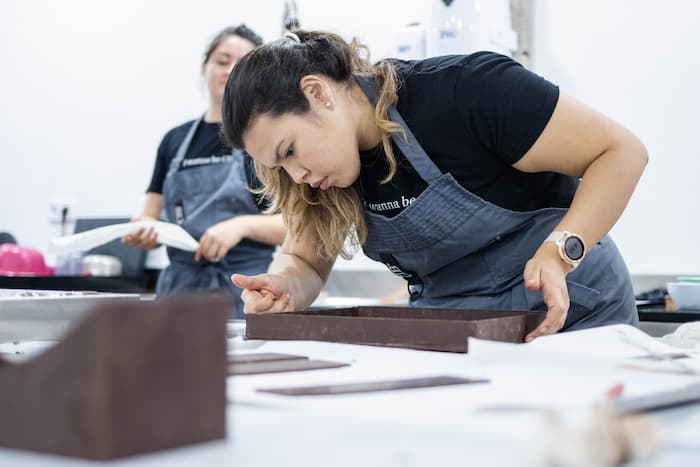
5. Get creative by mixing flavors, textures, and techniques in your desserts
Creativity is paramount, and in the sweet world, it is an opportunity to achieve ingenious creations that surprise the diner both in taste and experience.
Explore and mix different ingredients such as exotic fruits, herbs, or spices. Look for innovative techniques that can be applied based on textures and consistencies. Experiment with ways to decorate using the utensils you have available.
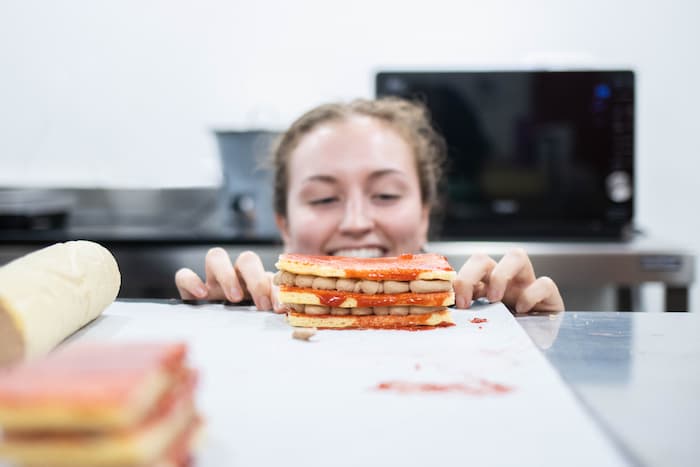
6. Train your pastry skills to perfection
Cooking skills require practice, so a good way to start is by perfecting simple basic pastry recipes such as cookies or cupcakes. It is necessary to invest quality time in practice. Also, research the ingredients well, their characteristics, and composition, and be at the forefront of how they are used in new techniques.
Finally, be patient. Like with any process, it takes time to develop your skills and perfect techniques in order to obtain the best results.
7. Learn from your mistakes and improve as a specialist pastry chef
As a pastry chef, learning from your mistakes is part of continually improving. Once the project is finished, it is important to take time to reflect upon and analyze what worked and what did not. Also, what could you have done differently to get better results.
Draw up a plan of action that includes researching and looking for other references in terms of techniques to apply to your own projects. Continue, experiment, and maintain a positive attitude towards your mistakes, taking them as an opportunity for growth.
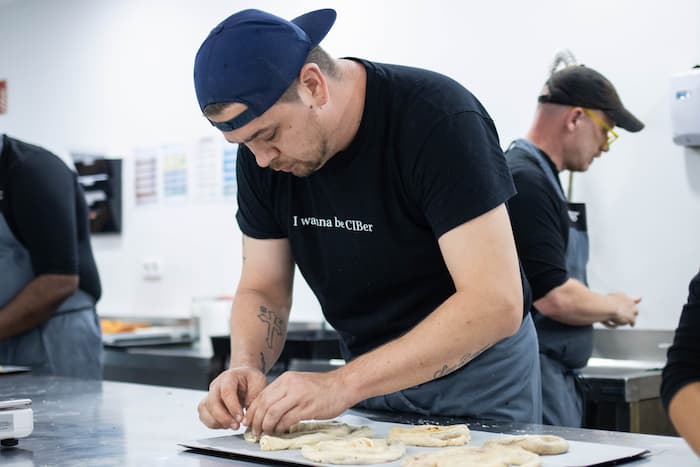
8. Organize your ideas and your time: Planning is essential in pastry making
Planning is essential to meet the desired objectives in the kitchen. In terms of organization, it is necessary to be clear about what to prepare, so it is advisable to plan a list of tasks, with estimated times for each one and thus visualize the time available.
Adequate time management allows you to plan each preparation, this includes having all the ingredients, cooking and cooling time, and decoration. Once this is achieved, it is possible to cover any unforeseen event and the final result is of quality and satisfaction.

9. Ask for feedback and learn from other pastry chefs
Feedback is a learning tool that helps you recognize the positive aspects and those in which you need to improve your performance and thus be in continuous improvement.The key is to stay open to learning and actively seek these spaces with other pastry chefs, which give rise to new opportunities in both techniques and skills.
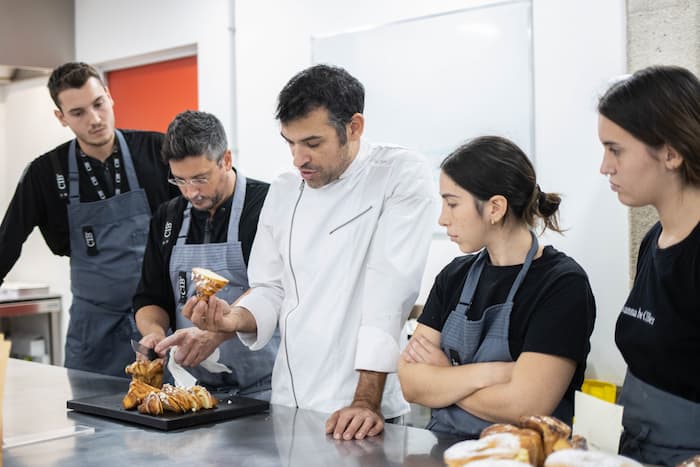
10. Never stop learning and training
The world of pastry and confectionery, besides being a trend, is constantly evolving, so continuous training allows you to continue to develop new skills.
For those who want to start in the world of pastry, complement your training, or acquire the basic and practical principles at the CIB, there’s the Professional Pastry and Baking Course. This course has been designed to teach you the foundations of sweet cuisine and understand the science behind each preparation, not by focusing on the recipe, but by understanding the formulation and conjugation in order to be able to innovate.
Discover the CIB‘s courses on sweet cuisine here.
